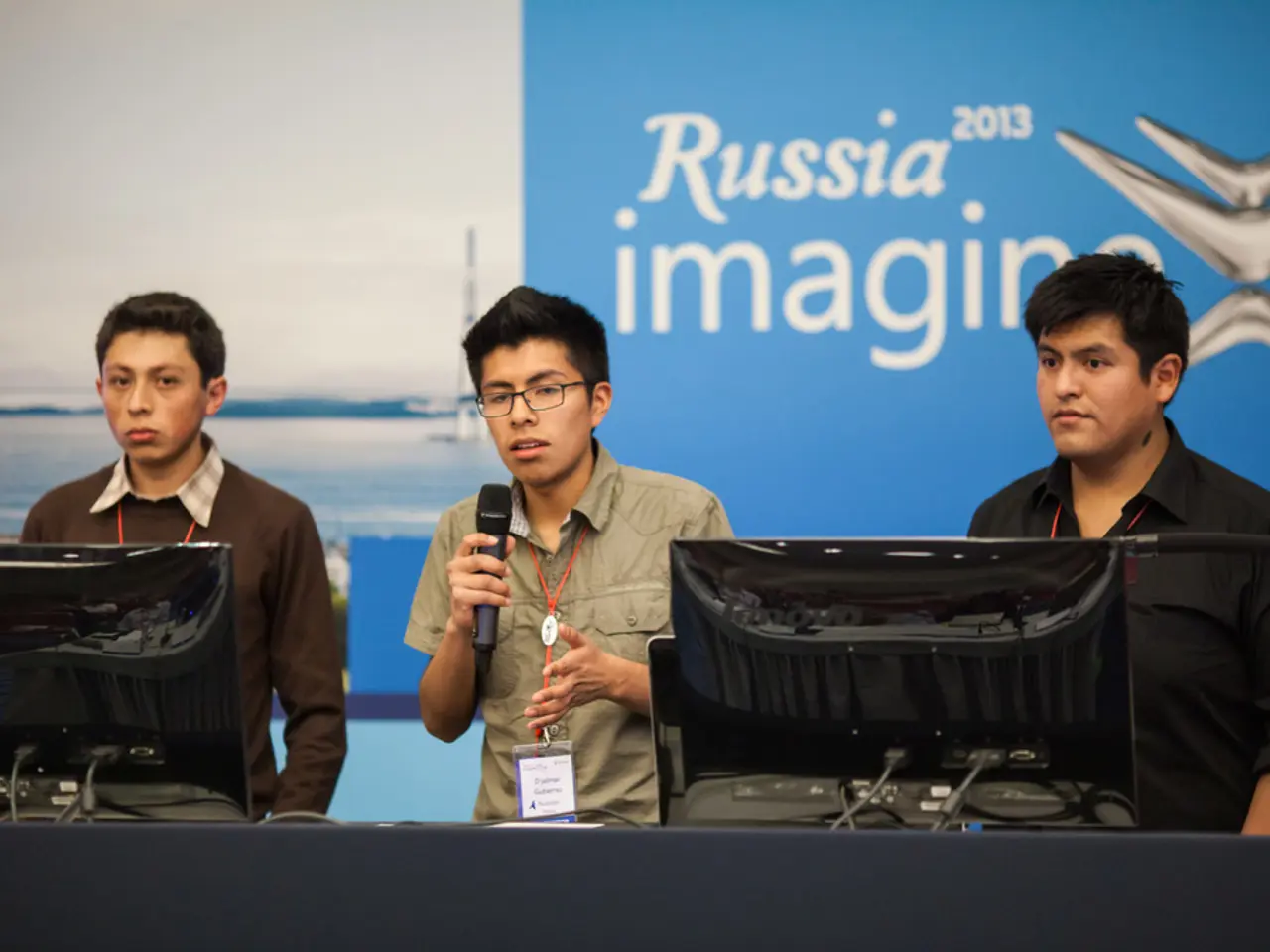Countries in the G7 group condemn nuclear progress in Iran, North Korea, Russia, and China.
G7 Summit: A Call for Nuclear Disarmament and Non-Proliferation
The recent G7 summit has seen a united front against nuclear proliferation and disarmament, with leaders reaffirming their commitment to the international treaty architecture that underpins these efforts.
The group has expressed strong criticism of the nuclear policies of Iran, North Korea, Russia, and China. Particular concern was raised about Iran's ballistic missile proliferation and its support for its proxies and allies. The G7 has demanded that North Korea abandon all its nuclear weapons and other weapons of mass destruction, ballistic missiles, and related activities.
Regarding Iran, the G7 has urged the resumption of negotiations regarding its nuclear program, emphasizing that Iran must not have a nuclear weapon. Iran's Foreign Minister, Abbas Araqchi, has suggested a possibility of a new round of talks with the International Atomic Energy Agency in Vienna. However, Araqchi has ruled out "effective" nuclear negotiations with the United States at this time.
The G7 has also denounced the material support that North Korea, Iran, and China are reportedly providing to Russia in the context of the invasion of Ukraine. The group has called on Russia to return to compliance with the New START Treaty and other subsequent initiatives in the field of nuclear arms control.
China, not currently included in major arms control treaties like the INF Treaty, has been a point of concern. While there is no clear evidence that any states openly support China in developing nuclear weapons, China's leader Xi Jinping has expressed intentions to expand China's nuclear capabilities. The G7 has expressed concern about the significant accumulation of nuclear weapons by China, which lacks significant transparency and safeguards against unintended nuclear escalation.
The G7 has also addressed the challenges posed by emerging technologies with potential military use, including artificial intelligence, drone technology, quantum computing, advanced robotics, and biotechnology.
In a separate development, a study of a nearly century-old forgotten child skeleton revised a key data point on human evolution by 100,000 years.
The summit was not without its focus on regional conflicts. Zelensky condemned a new massive Russian attack on Ukraine, and the G7 has demanded the immediate cessation of the use of riot control agents as a method of warfare and any other chemical attack in Ukraine. The G7 has also expressed grave concern about the alleged use of chloropicrin in Ukraine.
A military exercise in the United States with a focus on the Indo-Pacific featured troops from Taiwan participating. The G7 has reaffirmed its commitment to maintaining nuclear security in Ukraine, including the Zaporizhzhia nuclear power plant, and announced that it would intensify sanctions against Moscow.
The G7 has never recognized North Korea as a nuclear-armed state or any special status of any kind, and it has stated that it will never do so. The summit has been a clear demonstration of the G7's commitment to nuclear disarmament and non-proliferation, and its determination to address the challenges posed by nuclear-armed states and emerging technologies.







